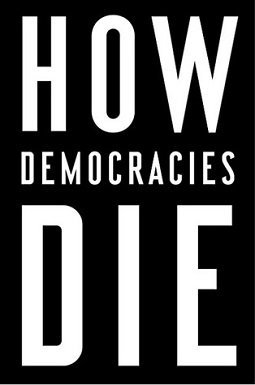Recent posts


Research Paper Guides
by  Mary Watson
Mary Watson
 Mary Watson
Mary Watson


 Cover of How Democracies Die by Steven Levitsky and Daniel Ziblatt
Cover of How Democracies Die by Steven Levitsky and Daniel Ziblatt